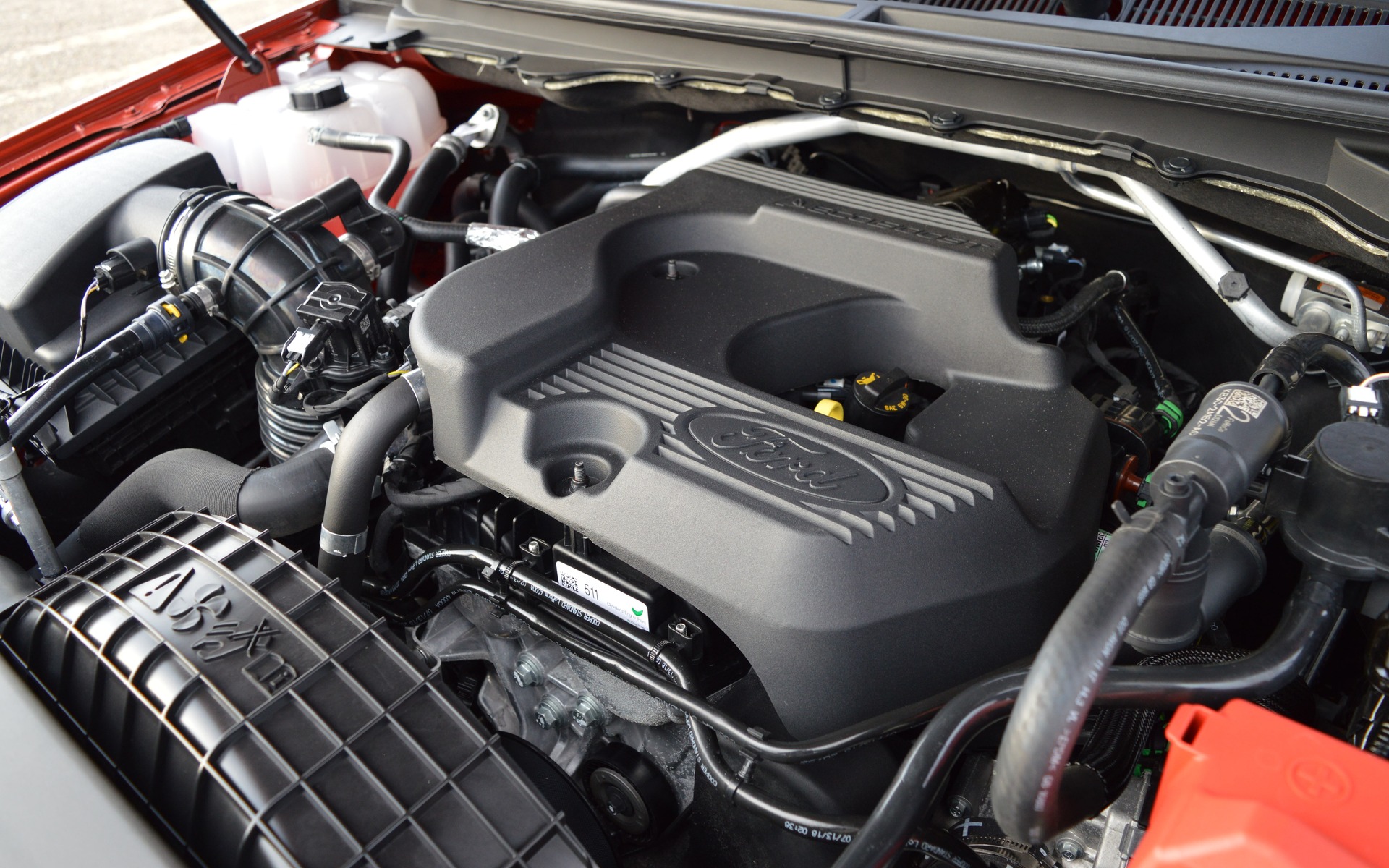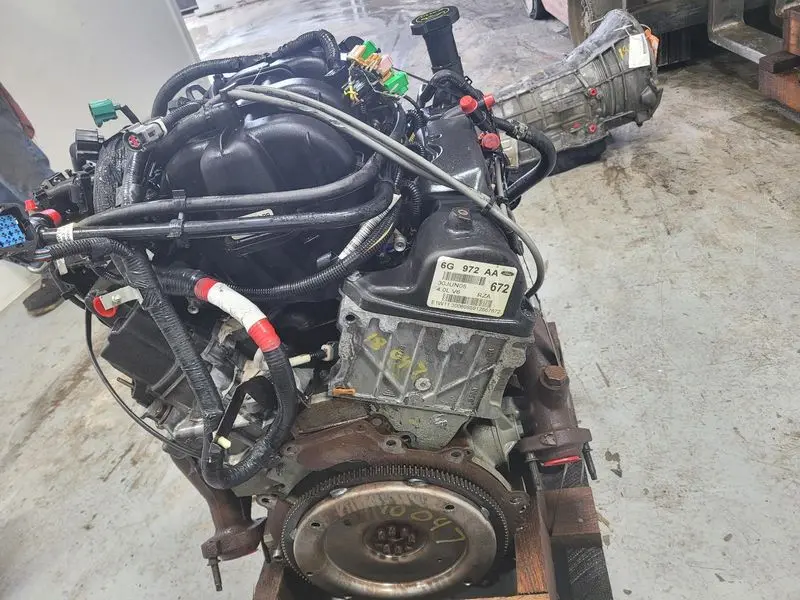How the 2.2 Ford Ranger Engine Delivers Power and Efficiency for Your Truck
How the 2.2 Ford Ranger Engine Delivers Power and Efficiency for Your Truck
Blog Article
What Makes a Car Engine Run Smoothly: Leading Tips for Optimum Care
The smooth operation of a vehicle engine is fundamental to both performance and longevity, making optimum treatment a necessary obligation for car owners. What specific actions should you focus on to ensure your engine remains in peak problem?
Routine Oil Changes
Among one of the most vital elements of automobile maintenance is guaranteeing your engine gets routine oil changes. Engine oil lubes interior components, reduces rubbing, and assists maintain optimum operating temperature levels. In time, oil deteriorates due to warmth, pollutants, and the natural byproducts of burning, resulting in reduced efficiency and prospective engine damages.
Most makers recommend altering the oil every 5,000 to 7,500 miles, but this period can vary based upon driving conditions and oil kind. For instance, artificial oils might enable longer periods between adjustments. Routine oil changes not just boost engine performance however also improve gas efficiency, as tidy oil promotes smoother procedure.
Overlooking oil adjustments can result in sludge accumulation, which harms circulation and can cause severe engine problems. It is essential to check oil degrees on a regular basis and keep track of for any type of uncommon changes in color or uniformity, which could indicate contamination or destruction.

Maintaining Coolant Levels
Preserving appropriate coolant degrees is important for protecting against engine overheating and guaranteeing optimum efficiency. The coolant, generally a mix of water and antifreeze, distributes via the engine, taking in warm and protecting against thermal stress. Insufficient coolant can result in boosted engine temperature levels, which may trigger extreme damages and even complete engine failing.
To preserve ideal coolant levels, on a regular basis evaluate the coolant storage tank, normally found in the engine bay. Make sure the coolant is filled up to the suggested mark, as suggested in your vehicle's owner manual. It is advisable to check the degrees at the very least once a month or previously long trips, especially during severe climate condition.
If you discover that the coolant level is consistently reduced, there might be a leak in the air conditioning system, which must be resolved without delay to protect against further complications. 2.2 ford ranger engine. Additionally, purging the coolant system every a couple of years can help remove any kind of collected debris and ensure reliable warm exchange
Checking Air Filters

It is advised to check the air filter every 12,000 to 15,000 miles, or extra regularly if driving in messy or adverse problems. A simple visual examination can commonly reveal whether the filter is filthy or harmed. It must be changed promptly. if the filter appears tarnished or has noticeable dust buildup.
Using a high-grade air filter developed for your certain lorry model can further boost engine efficiency. Additionally, some vehicles may take advantage of recyclable filters that can be cleansed and re-installed, providing a ecologically pleasant and economical alternative.
Inspecting Flicker Plugs
Flicker plugs are essential components of see here now a lorry's ignition system, straight influencing engine efficiency and effectiveness. They produce the spark that fires up the air-fuel blend in the combustion chamber, helping with the engine's power generation. Regular inspection of trigger plugs is critical for keeping ideal engine function and preventing possible problems.
Dark soot or oil down payments can suggest improper burning, while a raw or white appearance might suggest getting too hot. Both conditions call for instant attention to stop further engine damages.
It's recommended to evaluate stimulate plugs every 30,000 miles, or as recommended in your automobile's owner guidebook. Furthermore, consider changing them according to the maker's guidelines, as old or used spark plugs can cause misfires, reduced gas efficiency, and boosted exhausts.
Tracking Tire Stress
Ensuring appropriate tire stress is a vital facet of automobile safety and efficiency. Under-inflated tires can result in decreased fuel performance, boosted tire wear, and endangered handling. On the other hand, over-inflated tires can reduce traction and boost the risk of blowouts. As a result, regular surveillance of tire stress is important for optimum lorry operation.
Tire stress should be checked a minimum of once a month and soon trips. Use a trustworthy tire stress scale to determine the pressure when the tires are chilly, ideally before the vehicle has been driven for at the very least 3 hours. Describe the lorry's proprietor guidebook or the placard situated on the driver's side door jamb for the manufacturer's recommended stress degrees.
It is essential to note that tire pressure can fluctuate with modifications in temperature; a decrease of 10 ° F can cause a 1-2 psi decrease in stress. In addition, visually examine tires for any type of indications of wear or damage throughout your surveillance routine. Maintaining correct tire stress not just enhances lorry security but also boosts fuel efficiency and extends tire life, eventually contributing to a smoother engine efficiency.
Final Thought
In conclusion, preserving a car engine's smooth procedure needs diligent focus to several vital aspects. Regular oil adjustments, appropriate coolant degrees, clean air filters, well-maintained click here to read trigger plugs, and ideal tire stress collectively add to improved efficiency and longevity. Following these maintenance techniques not only enhances fuel effectiveness yet likewise advertises a much safer driving experience. Inevitably, a proactive strategy to engine care is essential for making sure reliability and performance with time. 2.2 ford ranger engine.
One of the most important facets of automobile maintenance is ensuring your engine obtains normal oil modifications. Engine oil lubes internal over here elements, lowers friction, and assists preserve ideal operating temperature levels. Regular oil changes not only boost engine performance but likewise improve gas performance, as tidy oil advertises smoother procedure.
Not enough coolant can lead to raised engine temperatures, which may cause severe damage or even total engine failure.

Report this page